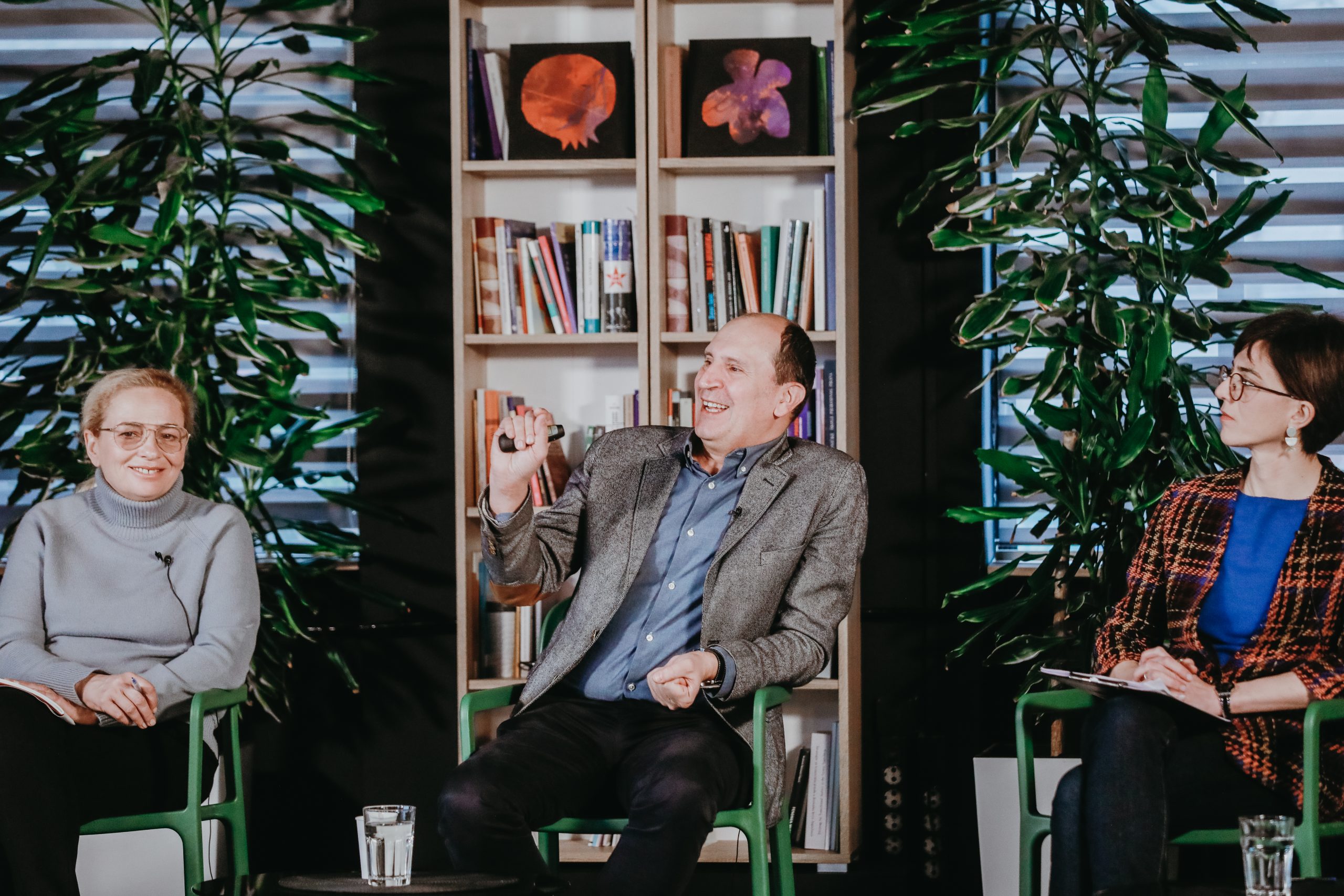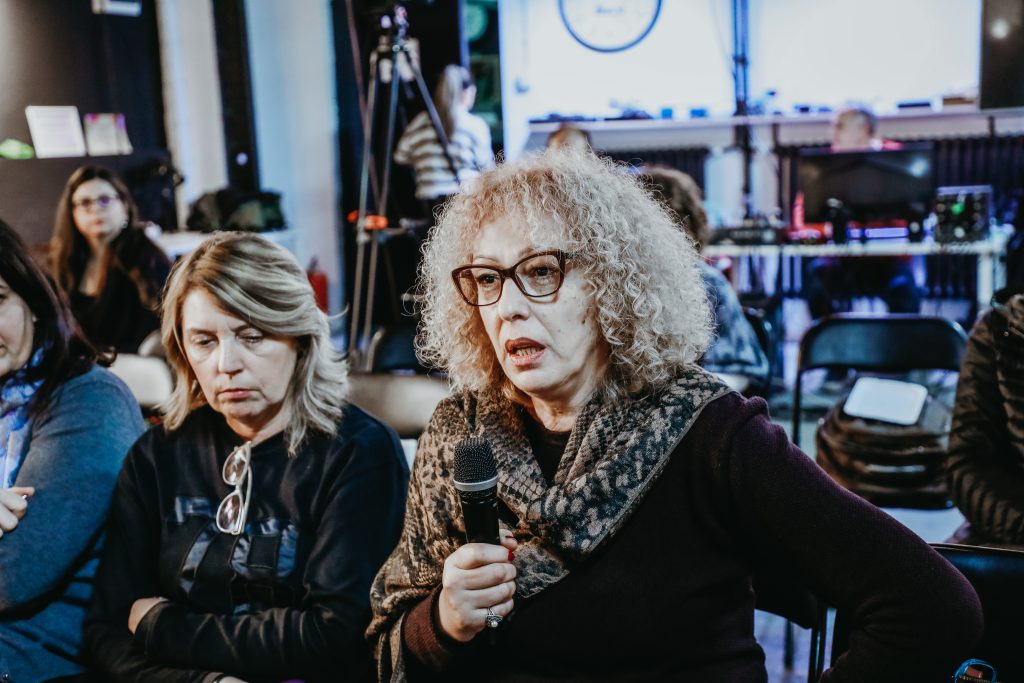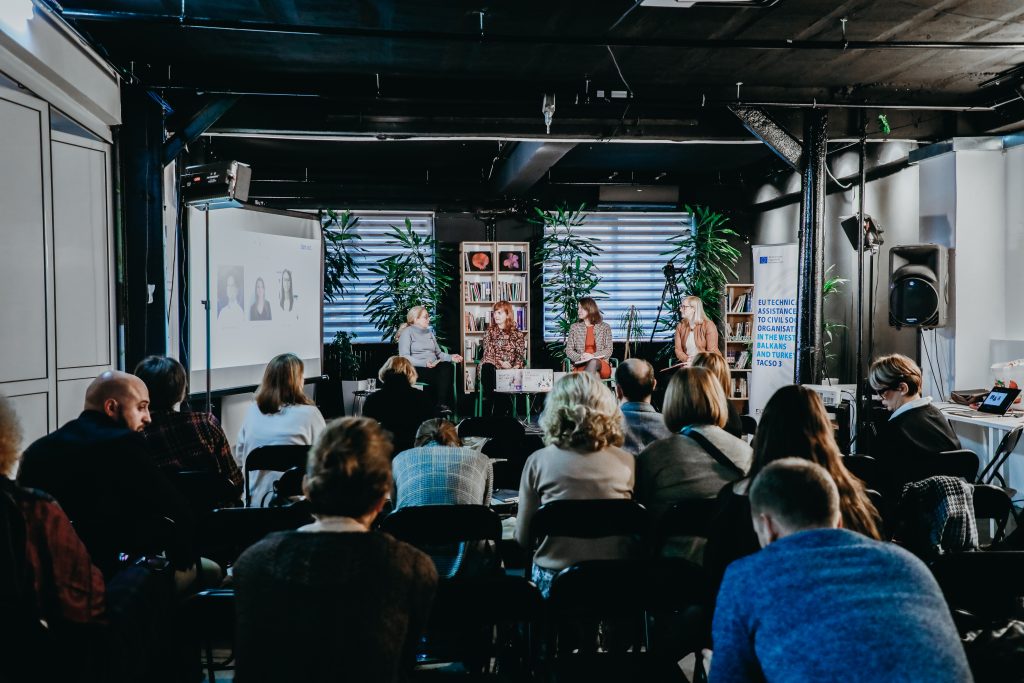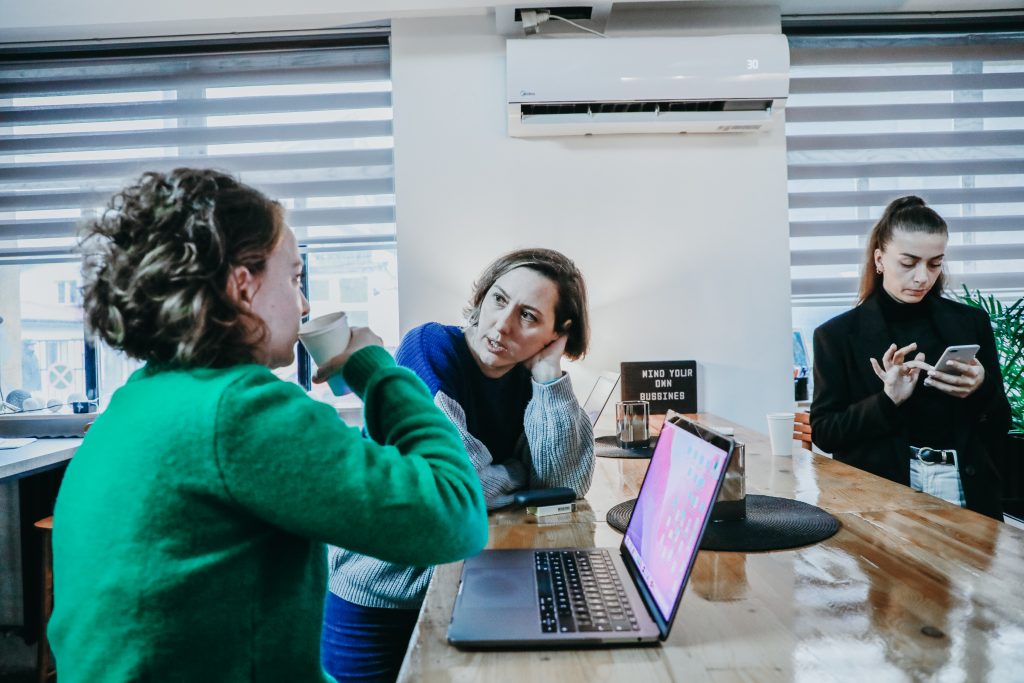
The purpose of the FSTP forum’s second-day session was to discuss the support given by organisations to informal groups (IGs) and individuals, as well as the FSTP’s sustainability. Mr Milorad Bjeletic, Ms Tuçe Bahadr, Ms Biljana Dakic Djordjevic, and Ms Aida Vezic contributed to this discussion.
Mr Milorad Bjeletic presented two models implemented by the Belgrade Open School. The first model involved using one of the co-applicants to actively support the activities of IGs by facilitating their expenditures. The second model involved the selection of intermediary CSOs who would become FSTP beneficiaries and then support the activities of informal groups and people by facilitating their expenditures.
Fund for Active Citizenship: fAKT from Montenegro assists young people by locating organisations willing to give financial grants to individuals while also assisting them in developing their capacities. Three-party grant agreements are used to create the legal relationship.

Trag Foundation: The Trag Foundation provides decentralised assistance to informal organisations through partnerships with local groups that act as fiscal agents. The foundation is a resource and a support organisation for active citizens in local communities in Serbia and the broader Balkan region, with a strong emphasis on bottom-up approaches and the empowerment of local actors. Check out the full presentation.
Kosovar Civil Society Foundation (KCSF): The Kosovar Civil Society Foundation (KCSF) decided to assist informal groups and individuals by shouldering the complete administrative and financial burden, as well as mentoring. Ms Edona Krasniqi emphasised that in the villages where they operate, informal organisations and individuals have a difficult time finding a partner.

Civil Society Development Centre (STGM): Based on a capacity development tool, the Civil Society Development Centre (STGM) provides operating grants and one-on-one mentorship. The Birlikte project assists organisations in becoming stronger, more sustainable, and effective civil society through core grant support, a mentorship programme for organisational capacity strengthening, and an emphasis on the organisation itself rather than the activities it provides. Check out the full presentation.
MOZAIK Foundation: Through empowerment initiatives, activism, internships, volunteering, and entrepreneurship, the MOZAIK Foundation strengthens human capital by actively investing in youth skills and capacities. Ms Aida Vezic presented the Youth Banks as a useful governance tool that aids in the path to sustainability. Check out the full presentation.

The examples presented in this session showed that organisations are extending their support for informal groups and people beyond the FSTP. The various support methods presented provided insights into how organisations can be more effective in supporting the sustainability of informal groups and people, as well as emphasised some of the challenges that remain when it comes to organisational sustainability. Building trust, strengthening philanthropy, and investing in effect and vision are all important aspects that can help civil society efforts last.
